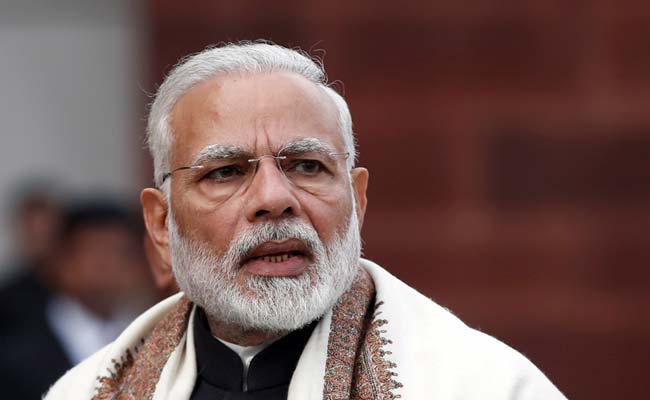INSUBCONTINENT EXCLUSIVE:
PM Narendra Modi argued simultaneous elections will save time and money (Reuters)
Prime Minister Narendra Modi wants to end the country's relentless election
cycle, where about six states go to the polls each year.The Law Commission, which provides advice to the government, backs the initiative
and said simultaneous elections for the lower house of parliament and state assemblies could be held in two phases starting in 2019
Its recommendations come months after PM Modi and President Ram Nath Kovind pitched the idea.Joint elections would require constitutional
amendments as well as ratification by the majority of 29 states, the Commission said in a draft working paper released on Tuesday
Yet given it took more than a decade to build consensus among states for the launch last year of the national sales tax GST, getting state
leaders on board for this electoral reform could prove difficult.PM Modi argued simultaneous elections will save time and money, while
allowing political parties to focus on policy and governance
recommendations, the Law Commission said a second phase of simultaneous polls could take place in 2024, after the synchronisation of state
election cycles"This will destroy the federal structure of the country and will go against the interests of regional parties," because
federal elections would overshadow state polls, said Sanjay Kumar, director of the New Delhi-based Centre for the Study of Developing
Societies.Elections were held concurrently for nearly two decades after 1951
Commission said a second phase of simultaneous polls could take place in 2024, after the synchronisation of state election cycles
The government think tank NITI Aayog suggested in January 2017 that extending and curtailing the duration of some state assemblies would
allow half the assembly elections take place along with the general election in 2019, followed by the rest in 2021.But states ruled by
regional parties could complicate those plans."The way regional parties are reasserting their federal autonomy and political independence,
holding simultaneous polls by 2019 looks a bit difficult," said SY Quraishi, former Chief Election Commissioner
plans.According to a study published by the IDFC Institute, there was a 77 per cent chance a voter would support the same party at central
and state levels if elections were held simultaneously.Managing joint elections would cost about Rs 45 billion, NITI Aayog said, citing the
Election Commission of India
India spent about Rs 38.7 billion on the 2014 general election, while each state assembly election costs as much as Rs 3 billion, its report
"Besides saving poll expenditure, it will help the government by shifting focus from continuous electioneering to the delivery of promises

